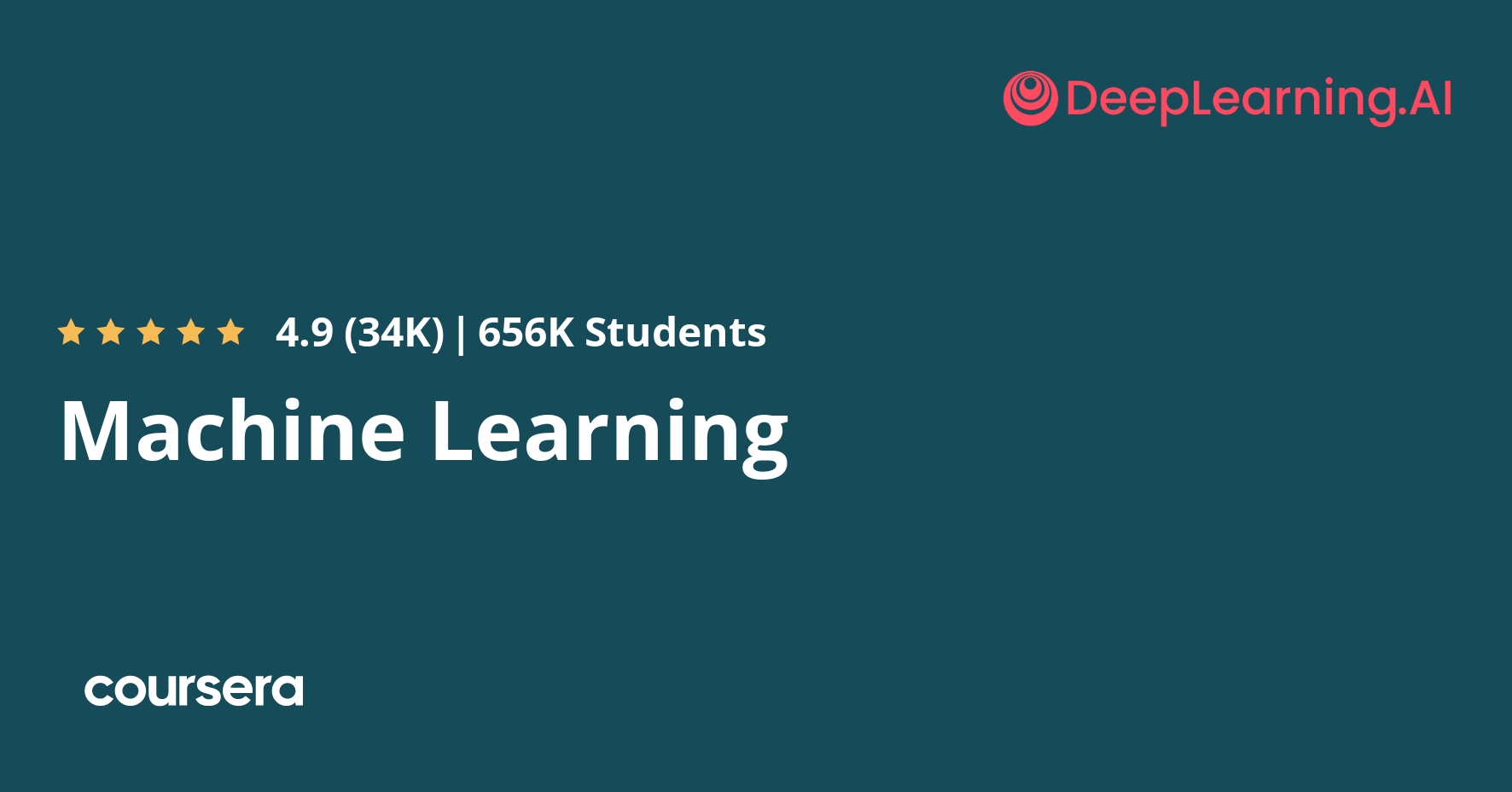Thought it would be good to have a thread on this.
For background, I'm a game AI programmer. So not really AI in what's the contemporary use of the word.
I did a Stanford course on ML a few years back and learned the fundamentals of neural networks, using Octave etc, so I have a decent grasp of the basics.
The frameworks and languages are a bit of a minefield.
Spent an evening looking at Tensorflow and got some the basic NIST image classification tutorials working. Initially just a basic python environment locally, but then a docker image using Jupyter, which seemed kinda neat.
As I'm interesting in expanding my employment options, I did some more reading, and seems like the industry is moving towards PyTorch, so I've ordered a couple of books to get to grips with it.
Short term I'm just wanting to get familiar with tools and frameworks. Then I want to start developing some AI agents in Unreal using reinforcement learning systems.
For background, I'm a game AI programmer. So not really AI in what's the contemporary use of the word.
I did a Stanford course on ML a few years back and learned the fundamentals of neural networks, using Octave etc, so I have a decent grasp of the basics.
The frameworks and languages are a bit of a minefield.
Spent an evening looking at Tensorflow and got some the basic NIST image classification tutorials working. Initially just a basic python environment locally, but then a docker image using Jupyter, which seemed kinda neat.
As I'm interesting in expanding my employment options, I did some more reading, and seems like the industry is moving towards PyTorch, so I've ordered a couple of books to get to grips with it.
Short term I'm just wanting to get familiar with tools and frameworks. Then I want to start developing some AI agents in Unreal using reinforcement learning systems.




 It's very complicated, obviously having the player stomped by a roll of the dice on the face of it sucks, but depends what the consequences are to a large extent, and what agency the player has to mitigate it.
It's very complicated, obviously having the player stomped by a roll of the dice on the face of it sucks, but depends what the consequences are to a large extent, and what agency the player has to mitigate it.